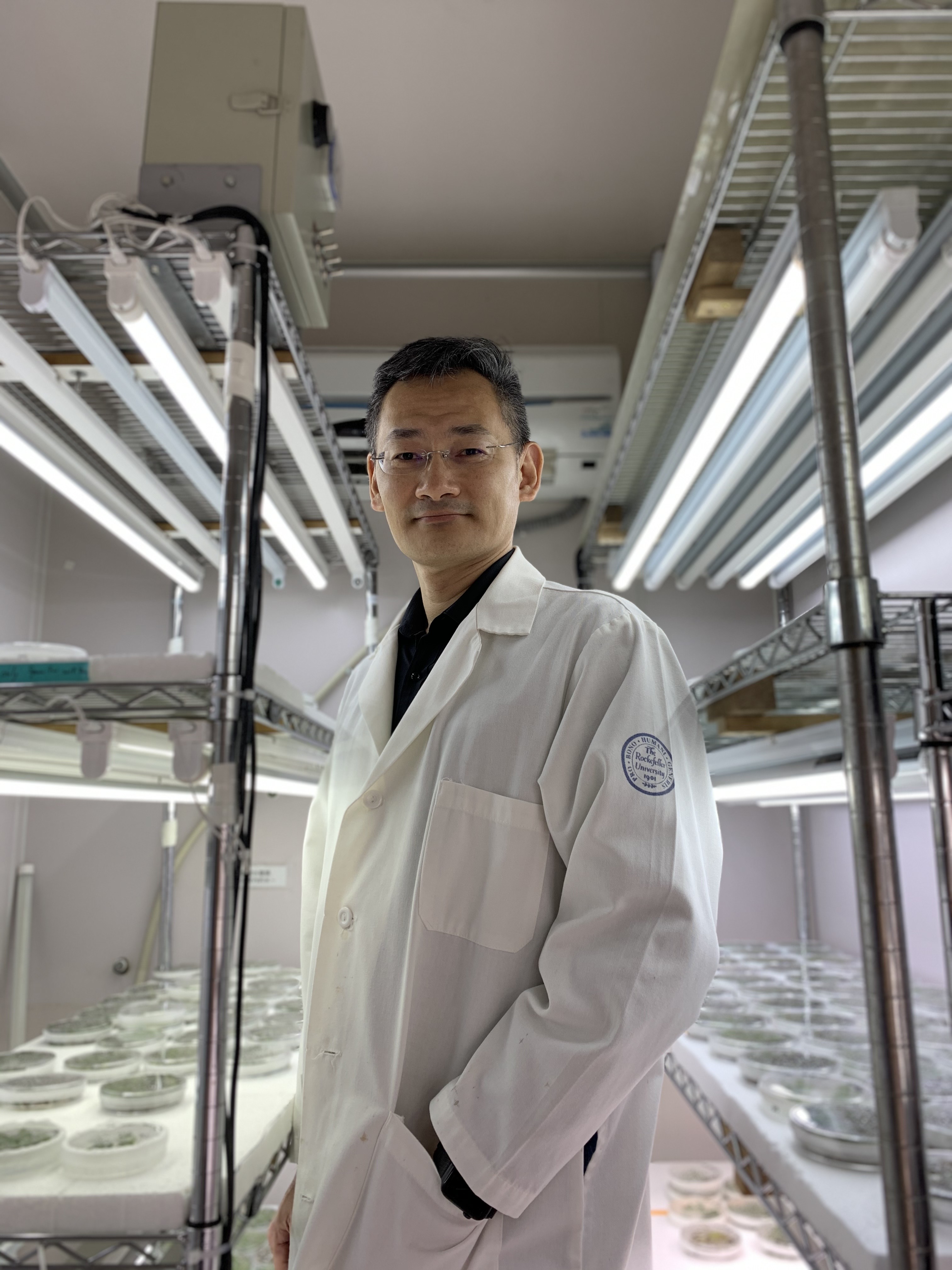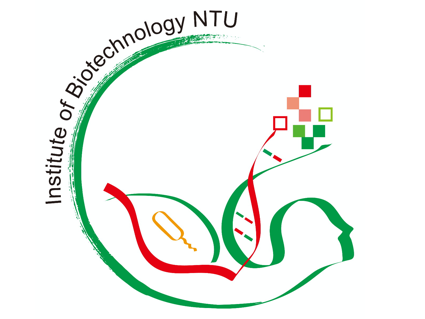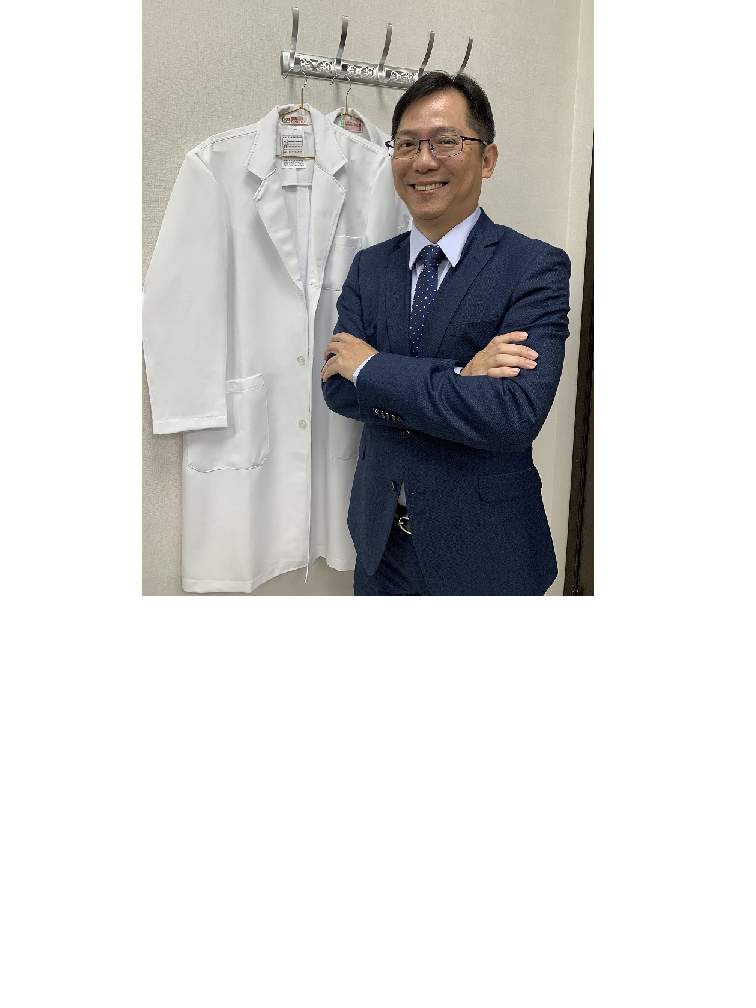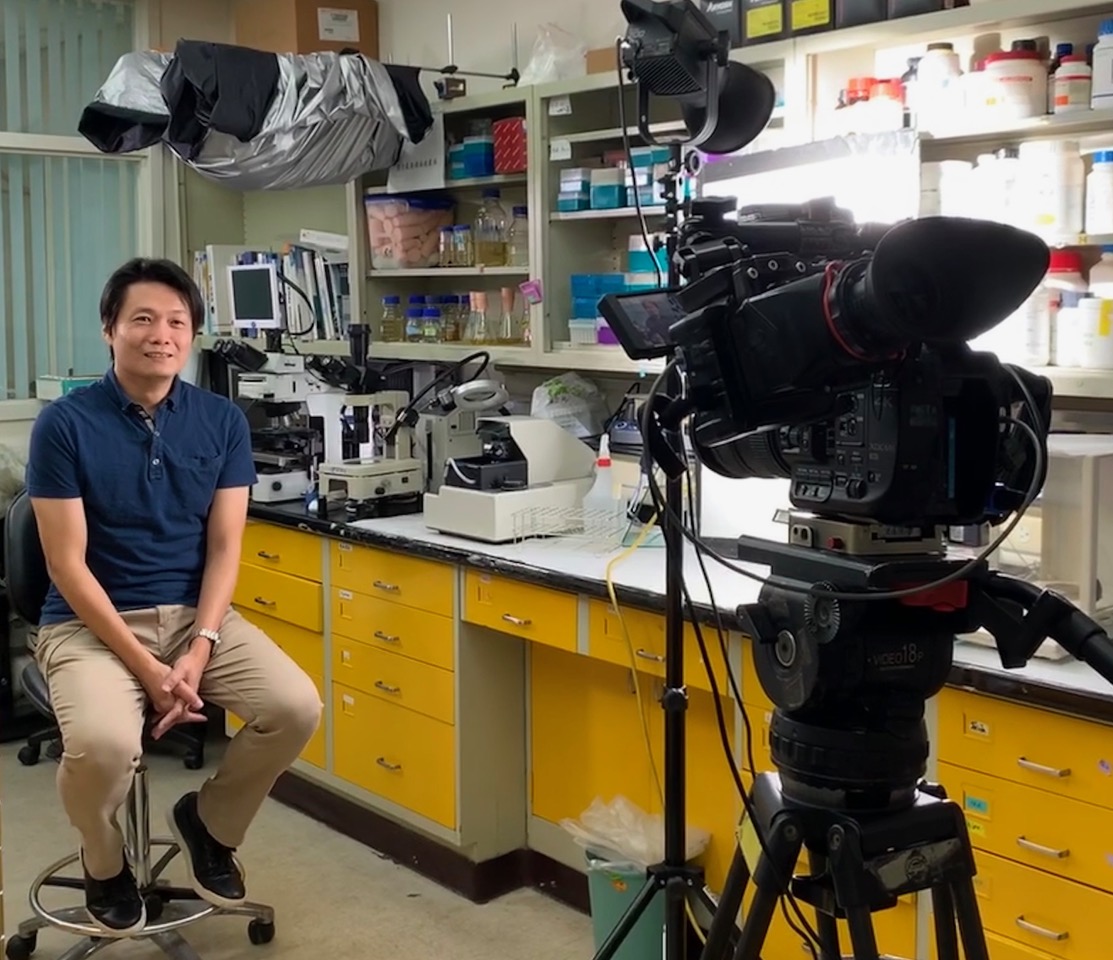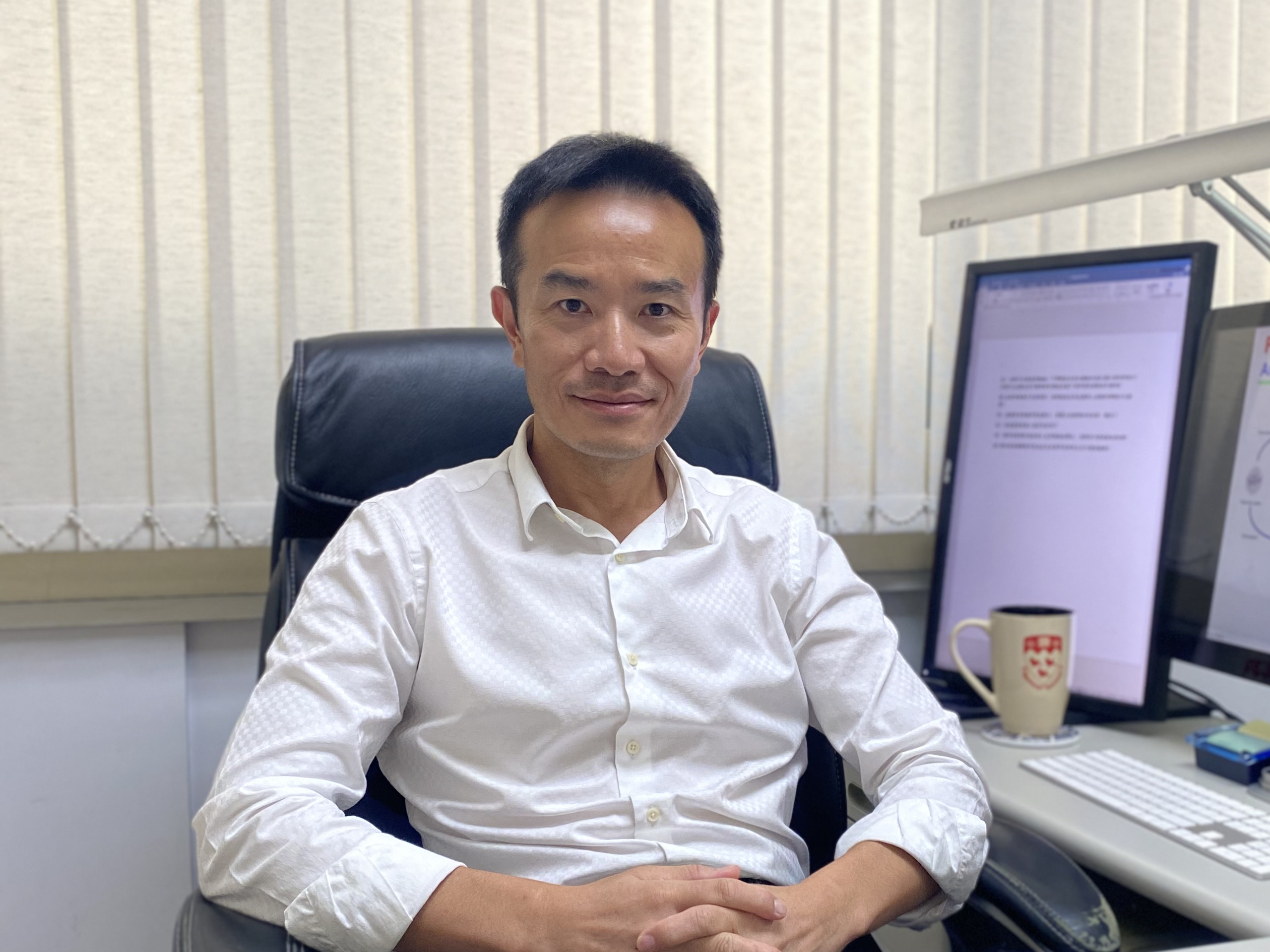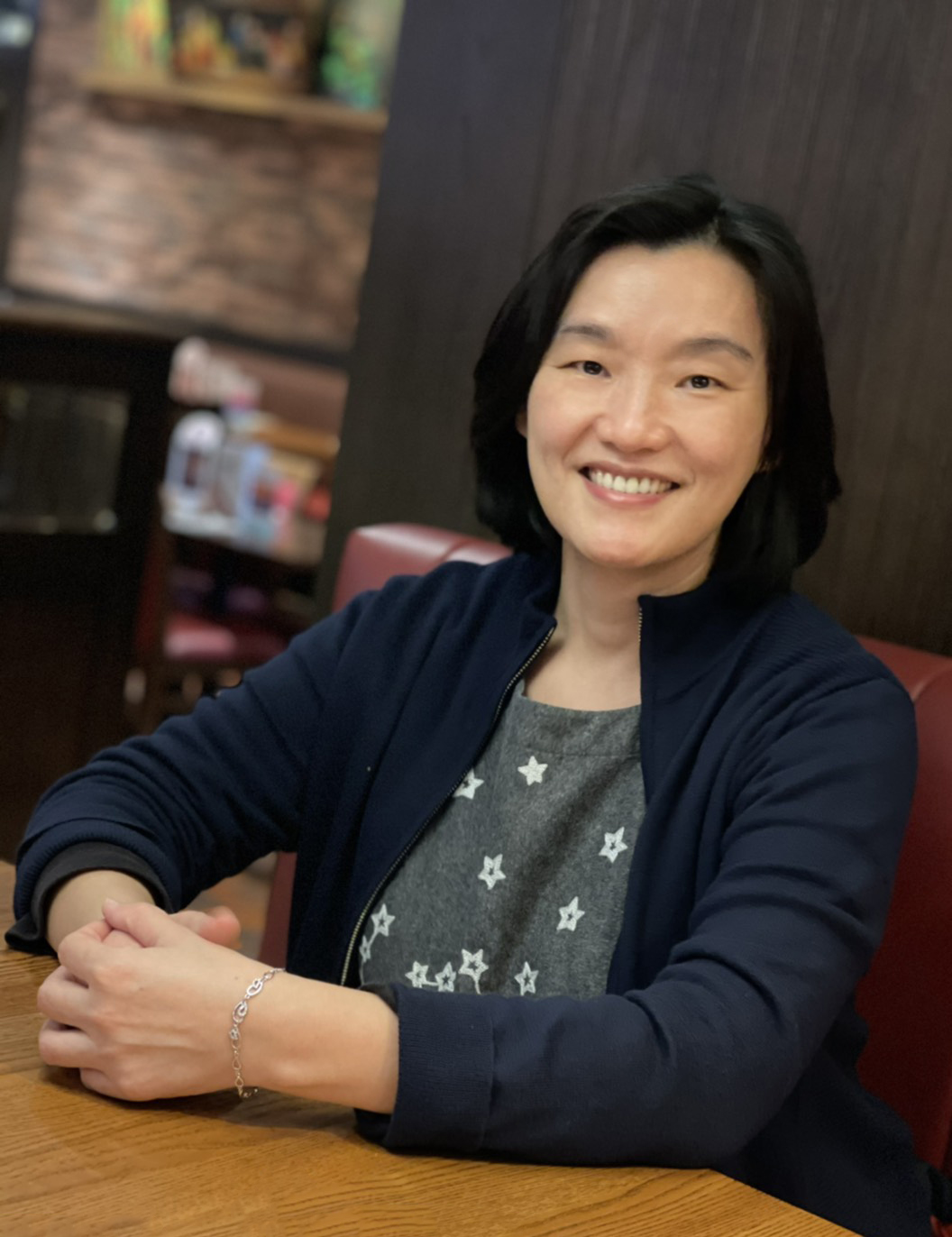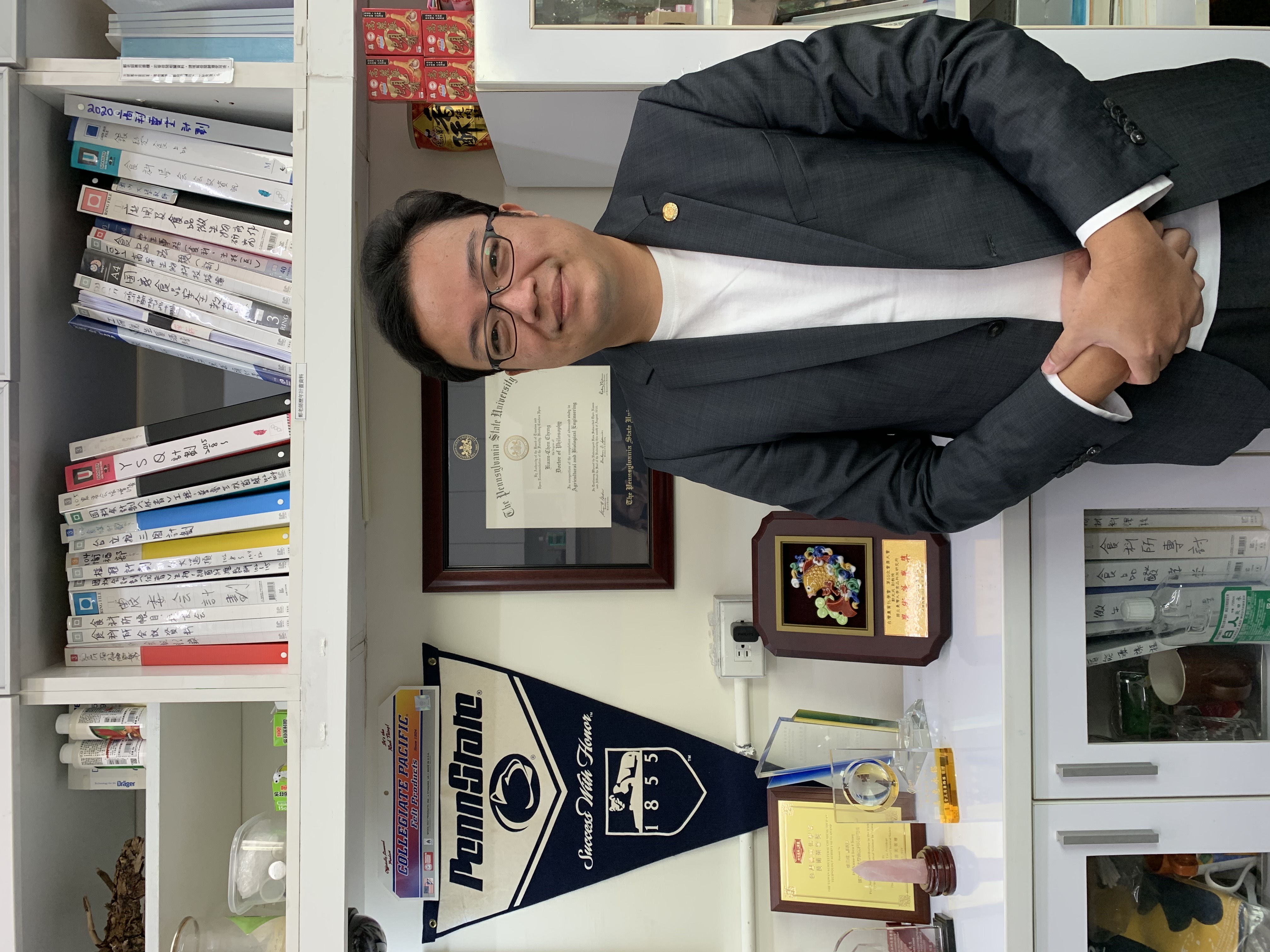Birds migrate south for winter. Fishes swim to their ideal water current. Unlike animals, plants are not able to move freely forces the plants to adapt to the environment. It is a pleasure to invite Prof. Shih-Shun Lin from the Laboratory of Plant Molecular Biology and Virology to talk about gene regulation mechanisms that help the plants to survive from environmental adversity and disease invasion.
Dr. Lin’s research is mainly focusing on gene silencing mechanisms in plants. Although many studies have been conducted regarding small RNAs (sRNAs); however, still a lot of issues remain unknown, for example, how silencing components recognize the micro RNA (miRNA) precursor or how miRNA is methylated and loaded into AGRONAUTE1 (AGO1). Therefore, using a viral suppressor and high-throughput sequencing like Next-Generation Sequencing (NGS), Dr. Lin wishes to solve the unknown. Besides, he also works with Marchantia polymorpha, analyzing the gene silencing machinery differences between land plant and flowering plant system to understand it from an evolutionary perspective. Apart from that, Dr. Lin and his team aim to develop Artificial intelligence (AI) software for data mining, which will help with data exploration efficiency and be widely used in various research fields. Moreover, his laboratory has established an in vitro system for several experiments, which will reduce the complexity encountered during working with in vivosystems.
He reckons that we should be curious and focus on whatever topic we are given, not keep thinking about the possibility of other fields being better than the one we are in now because problems are always there waiting to be solved. When he meets difficulties in life, Dr. Lin will pray to Lord as nothing is impossible with him. And as a human being with limited ability, depending on oneself will never be enough; we need His power to give us strength. He feels as if the burden will be lighter when he relies on God. Besides that, discussing with friends who share the same passion would help much.
He chose to stay in academia as he feels that the industry has the pressure to invent new ideas every time. In contrast, in academia, he can slowly and steadily dive into his interest and constantly learn new things. Regardless of everything, his greatest pleasure of being a teacher is as simple as seeing his students’ achievements, to see them grow during the learning process rather than publishing good papers. He also mentioned that although failure often holds someone back, we could learn and use it when looking at it from a different perspective. One should not give up easily on things; because believe it or not, hard work never fails.
P/S: Even if you encounter failure in one field, it means, God has a better plan for you.
